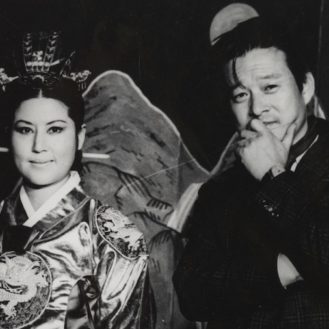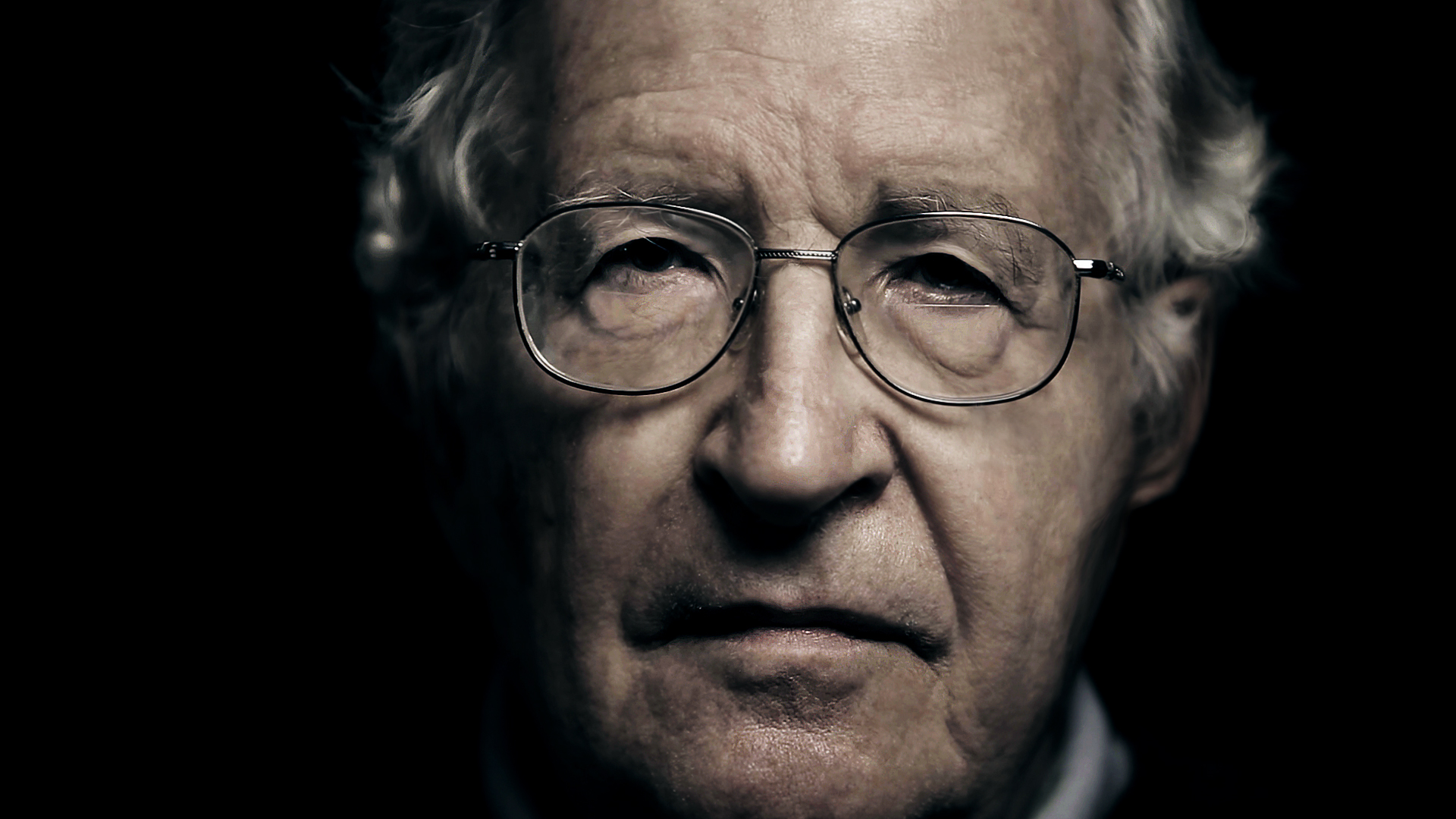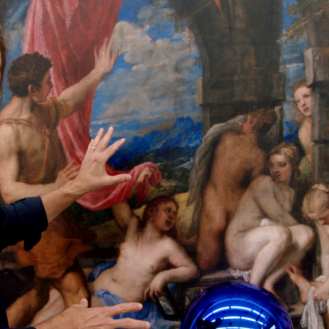There is a genre which developed in the western “enlightened” post-9/11 world which proves that neo-colonialist sensibilities are alive and well. It’s characterized by representations of poverty and suffering in the third world which are set up in a way as to suggest that the citizens of these countries are complicit in their own suffering. Humanity is afforded to some characters, but they are the minority amongst human garbage.
This is the first act of Garth Davis’ Lion, before protagonist Saroo (Slumdog Millionaire’s Dev Patel) is rescued by a well-meaning white family and taken into the embrace of civilized Australia. This is not the story of this film, however. Davis’ Lion is concerned with the true story of a man who used the nascent technology of Google Earth – an unabashed bit of product placement – to find the village where he grew up along with his birth family.
There’s certainly a lot to like about Lion. The concept of finding one’s home with nothing more than memories of people and the name of a village that does not seem to exist is fascinating. On top of that, Dev Patel and Rooney Mara have great chemistry throughout the film. They’re paired with Australia’s beautiful scenery; making for some gorgeous shots in the middle act (India is not afforded the same treatment). That being said, these positives are not enough to hide the colonialist voice of the film, the Oscar-bait quality of the production, or the incompetent storytelling of the narrative.
The questionable coherency may be the biggest setback of Lion. The off-tempo pacing makes the viewer forgetful. The story will jump in random intervals, occasionally leaping forward a week in order to show an emotional scene which serves minimal purpose. This is not entirely the screenwriter Luke Davies’ fault though. The story of “man finds home on Google” does not lend itself to the cinema, which leads to many long meandering sequences of Patel sitting around brooding, along with his angst, for minutes at a time; leading to a large segment right at the centre of the film to be overtaken by a certain sense of self-indulgence. By the time the conclusion begins to rear its head, it becomes obvious that the lead-up does not deserve this heartfelt ending.
An adaptation of Saroo Brierley’s book A Long Way Home would’ve fared better as a short film. As long as the film’s intrusive score was kept under control.
**********
Do You Tweet? Follow These Tweeple:
Shahbaz Khayambashi: @Shakhayam





Be the first to comment